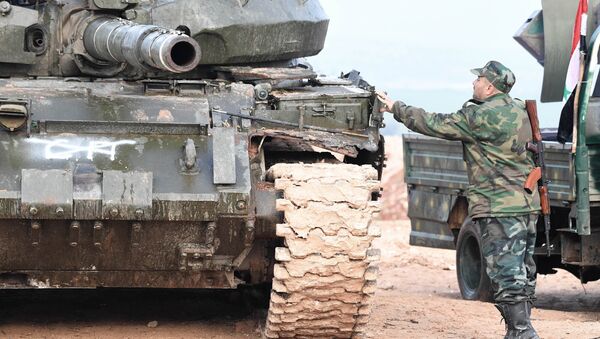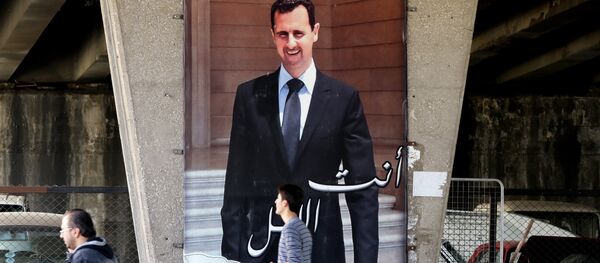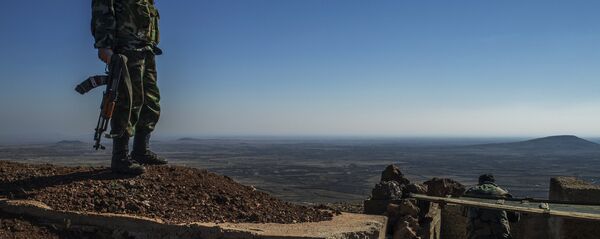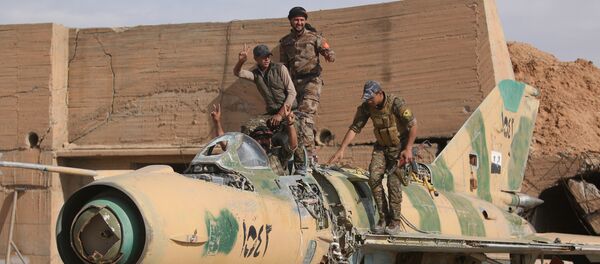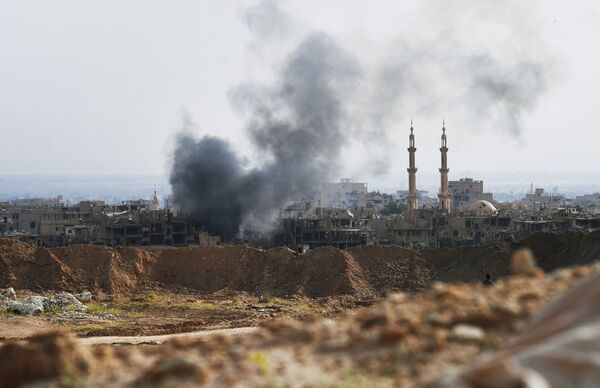Last month, with Damascus's approval, Russia, Iran and Turkey signed a memorandum to establish several de-escalation or safe zones in Syria.
Under the agreement, the zones, which span across large swathes of territory including northwestern Idlib province and parts of Latakia, Hama and Aleppo provinces, north and central Homs province, Eastern Ghouta near Damascus, and the southern Daraa and Quneitra regions, are to see a signatory-enforced ceasefire in effect between government troops and the armed opposition (excluding Daesh and Nusra).
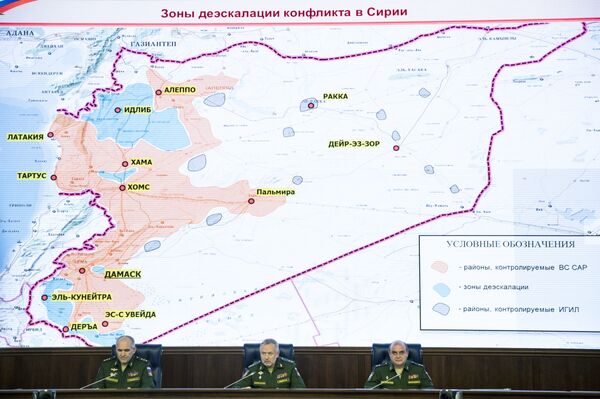
The memorandum stepped into force on May 6. Formally, the zones are meant to remain in place until the Syrian conflict can be ended through peace negotiations.
For example, Mirzayan wrote that in Idlib, Turkey may be charged with doing so. Some experts have warned that Ankara has already tied itself to the Syrian territories under its influence via economic and humanitarian levers, and that if troops are sent in to provide security guarantees, "there is no guarantee that they will ever be removed, by military or diplomatic means."
However, these fears are somewhat overblown, according to the analyst.
"The reason is simple: Turkey is not in a position to simply conduct a 21st century version of Operation Attila [the 1974 Turkish invasion of Cyprus]. Ankara is faced with international isolation; its relations with Europe require serious repair work (which neither Erdogan –who seeks to destroy the local pro-European opposition, nor the EU – which sees the president-sultan as a threat to the EU, wants). As far as ties with the US go, it has proven impossible to remove the Kurdish 'splinter' in Ankara-Washington relations."
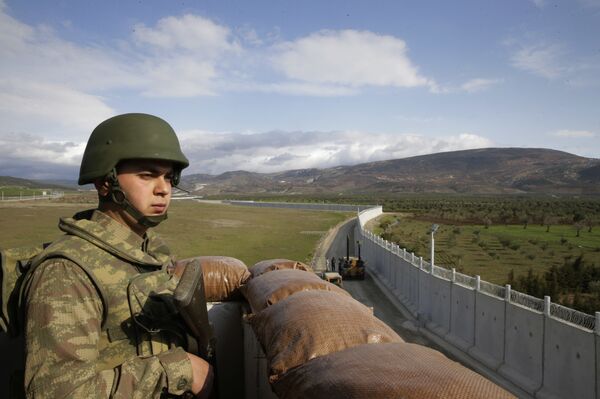
In other words, Mirzayan noted that the only great power with whom Ankara presently has a good working relationship is Russia, and Erdogan is in no hurry to spoil it. "Furthermore, an occupation of parts of Syria will be cause for serious conflict between Erdogan and a number of Arab nations (where local authorities, not wanting to end up part of a 'Turkish zone of influence', will gladly stir up memories of the Ottoman period, of Turkey's domination of the Arab world and of the suffering that the Arabs had experienced under its yoke."
In southern Syria too, a number of questions abound, the analyst noted. "Who is going to monitor the situation in the south near the Golan Heights? It's too far from the Turks' positions. If it's the Iranians, Israel will categorically oppose this scenario and voice its 'opposition' in the form of airstrikes against the positions containing Iranian troops."
"Tel Aviv, it's worth recalling, is categorically opposed to any Iranian military presence in any regions of southern Syria…The Israelis are convinced that after the end of the Syrian war, the Iranian military will get to work returning control over the Golan Heights to Damascus, a belief that's reinforced by the statements of some Iranian generals."
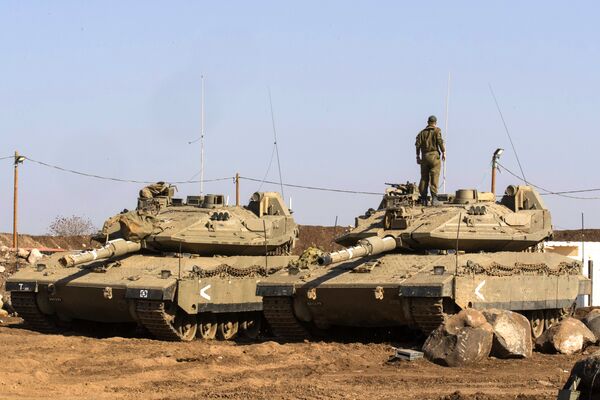
"This leaves only the Russians. But does Russia really need this? In the nearly two years of Russia's involvement in Syria, experts have said again and again that the biggest risk is to get too heavily involved in the Syrian war – which they warn could turn into a new Afghanistan. Over the course of these two years, Moscow has remained aloof, limiting its assistance to Assad and the fight against terror to air strikes, military aid, doctors and military police."
With all this in mind, Mirzayan noted that it's entirely possible that negotiators will not be able to resolve all outstanding issues by the June 4 deadline. "But is this a bad thing? Far from it; as the story with the security zones established by Russia show, it is the process, not the result, that really matters. Moscow needs not so much these zones in and of themselves, as much as a temporary ceasefire in central Syria in order to [help] liberate eastern Syria."
"It's worth recalling that the Syrian Army (which is fighting a war for the sixth year in a row) is badly battered, and simply does not have the strength to wage a war on several fronts simultaneously. Today, of course, the priority is Daesh; the terrorists have been severely weakened, and are no longer capable of defending the territories under their control as effectively as before; therefore, Damascus needs to liberate as much of the country's' eastern provinces as possible. The main obstacle to these efforts is not even Daesh, but the desire by some of the opposition in the central regions to take advantage of the concentration of Syrian troops on the eastern front to try and capture new territories in places like Homs, Latakia and Idlib."
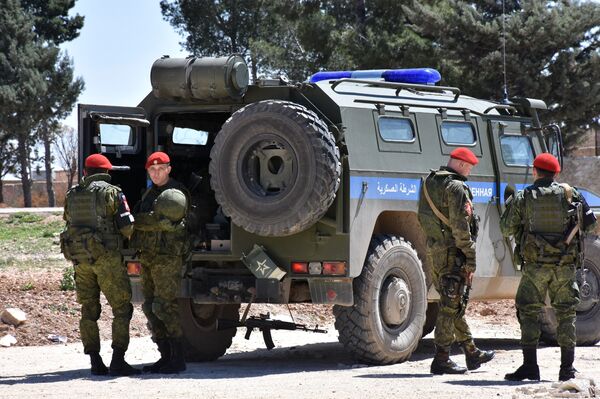
Accordingly, Mirzayan emphasized that if a lasting ceasefire can be reached between Syrian forces and the armed opposition, "this will allow the Syrian Army and the Russian air force to concentrate their efforts on fighting Daesh, relieving Deir ez-Zor, and then returning to the question of what to do with those opposition forces who have entrenched themselves in the 'security zones'."
"The first point of this plan is already being implemented; taking advantage of the calm in the country's' central regions, the Syrian Army is advancing along the Euphrates river toward al-Tabqa, and is preparing a major offensive near Palmyra in the direction of Deir ez-Zor, while simultaneously mopping up areas in the country's south."
Ultimately, Mirzayan noted that sooner or later, Damascus and its allies will have to return to the question of what to do with the so-called moderate opposition. "Here, there will be at least two possible options. The first is a military solution. Theoretically, after Syrian forces deal with Daesh, and are able to concentrate all available assault troops in the country's central regions, they will have an opportunity to break through the militants' echeloned defenses and return Ghouta, Idlib and other areas, thus ending the civil war. This may very well be what Tehran and Damascus itself expect."
"But this plan has one weak point: foreign troops. If an agreement is reached according to which foreign troops stationed in these territories guarantee their security, and within its framework Turkish troops are placed in Idlib, it will be very difficult to return this territory by force. While the Turks will eventually have to leave Idlib, if they do so without a political solution (i.e. simply abandon their allies to the mercy of fate), Erdogan's image as a strong leader will suffer greatly, including in the eyes of the Turks themselves."
Moscow, Mirzayan stressed, "needs not only a military victory in Syria, which would allow it to withdraw from the war, but also a diplomatic one. In Syria, the Kremlin can show that it is able not only to win the war, but also win the peace – to construct a new reality with due regard for all the parties concerned; that is, to act as a real moderating power, one of the key centers of power in a multipolar world," the analyst concluded.

